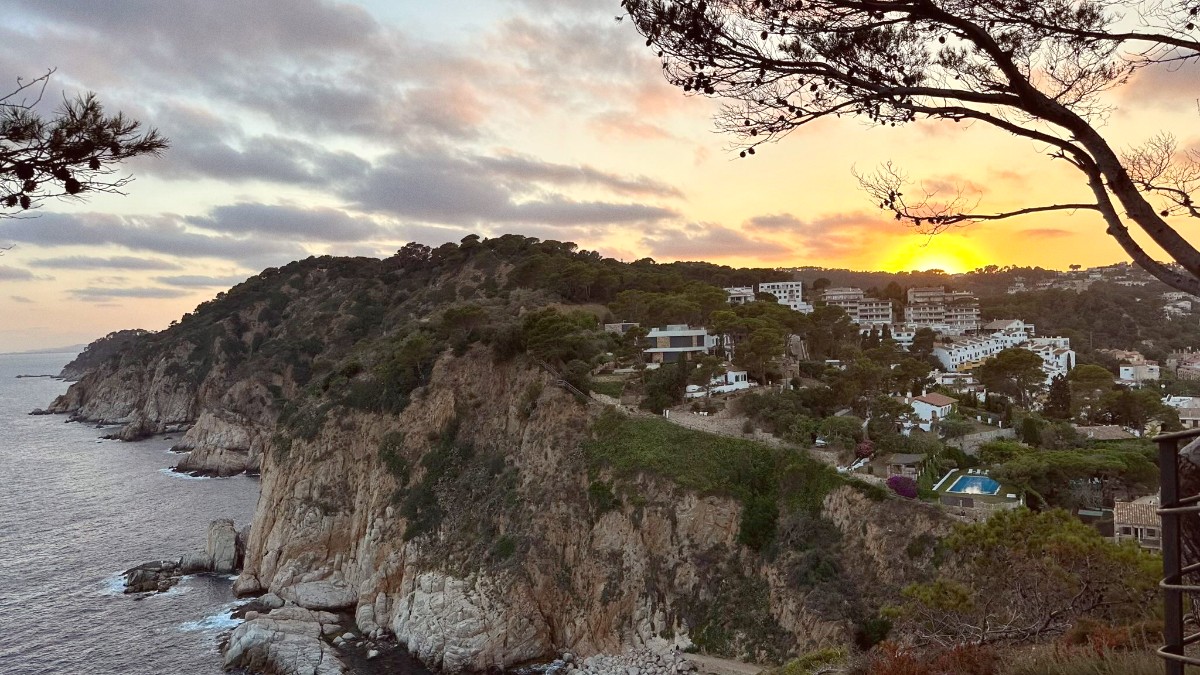
Spain
Major mobile providers in Spain include Orange, Vodafone, Movistar, and Yoigo. Prepaid SIMs are easily purchased at airport kiosks, phone shops, and larger supermarkets. They require passport registration for activation. These SIMs offer various packages for data, calls, and texts. Costs typically range from €10-€30 for a monthly plan, providing good value for tourists.
Wi-Fi: Widely available and often free in hotels, guesthouses, restaurants, cafes, and many public areas in towns. You will find it easy to stay connected. Coverage: Mobile data coverage is generally excellent throughout the Costa Brava, including most coastal paths and rural areas, for navigation and communication apps. Correos is the national postal service. You can find post offices in most towns. Stamps are also for purchase at tabacs (tobacconists).
Effort is always appreciated.
Business hours in Costa Brava reflect local customs, including the traditional siesta.
Typically open from 10:00 AM - 1:30 PM and then from 5:00 PM - 8:00 PM/9:00 PM, with a siesta break. Some tourist shops stay open.
Generally open from 9:00 AM - 9:00 PM, Monday to Saturday. Some larger supermarkets may open on Sunday mornings.
Lunch service usually from 1:30 PM - 3:30 PM. Dinner service from 8:30 PM - 11:00 PM. Many close between services.
Museums/Attractions: Typically open from 10:00 AM - 6:00 PM/7:00 PM, but often closed on Mondays. Always check individual websites. Banks: Generally open from 8:30 AM - 2:00 PM, Monday to Friday. Some banks may have extended hours.
Religious and public holidays affect services. Many smaller, independent businesses in coastal towns may close for the low season (November-March). Fewer public transport services also run during the low season.
Always verify specific business hours and holiday closures on official websites before your visit to any attraction or establishment.
A handshake is common in formal settings. Two kisses on the cheek (right then left) are customary between women, or between a man and a woman who know each other. Men usually shake hands. "Hola", "Bon dia" (Catalan), or "Buenos días" (Spanish) are common greetings. Generally casual attire. For churches, dress respectfully (shoulders and knees covered).
Wait until invited to sit at a table in a restaurant. Avoid snapping fingers to get service, which is considered rude. Bread is often charged separately. Generally, it is acceptable to photograph public spaces and attractions. Always ask permission before photographing individuals, especially children. Some museums may prohibit flash or all photography; look for signs.
Engaging with local culture and showing respect for customs enriches your travel experience.
Travelers with mobility challenges or other specific needs will find varying levels of accessibility in the Costa Brava.
Major cities like Girona feature efforts to improve accessibility with ramps, accessible public transport, and adapted restrooms. However, many historic centers in the Costa Brava (e.g., medieval villages, Girona's old town) feature cobblestone streets, narrow alleys, and steps that present challenges.
Some museums and modern attractions are accessible. Check individual websites or contact venues directly for detailed accessibility information before your visit. Newer buses and high-speed trains often include wheelchair access. Older regional trains and local buses may be less accessible. Limited specialized services specifically for tourists exist. Assistance dogs are generally allowed in public places.
Pre-planning and direct communication with accommodations and attractions greatly enhance accessibility for all visitors.